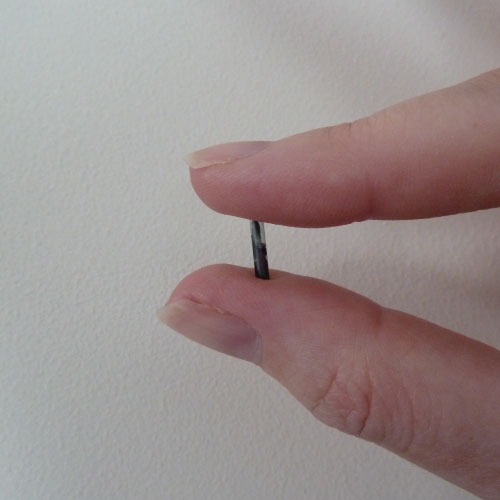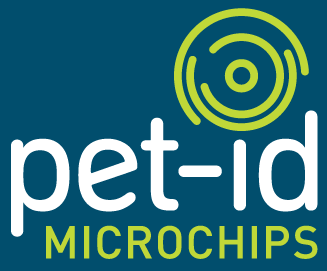
What is a microchip?
A microchip is a passive transponder which uses RFID (Radio Frequency Identification Device) technology.
Pet-ID microchips are Swiss engineered and manufactured to Pet-ID's specification with a frequency of 134.2 kHz conforming with ISO 11784/11785 standards which are required by UK regulations and those of EU countries and most other territories.
Each microchip is pre-programmed with a unique number, specifically identified by Pet-ID's ICAR manufacturer code 958, sealed with resin to protect the inner circuitry to prevent the possibility of failure, then encased in bio-compatible glass and coated with Parylene-C.
Pet-ID offer microchips in a variety of sizes for implantation into companion animals, small and exotic species and miniature breeds. Our microchips are available in a range of formats to suit implanter preference.
Find out more about our microchips
What is Parylene-C?
Parylene-C is a medical grade coating which forms an irregular surface allowing tissue fibres to bond and grow around the chip thus preventing the possibility of migration. Once implanted correctly, the process starts 3-4 days after implantation and within four weeks the microchip should be completely encapsulated.
Microchip scanners
A microchip scanner, or reader, is a handheld device tuned to the frequency of the implanted microchip. Pet-ID offers a range of scanners to suit individual needs from the small but handy Halo scanner to the more multi-functional RT100 scanner.
Our own UK manufactured Pet-ID IDentifier scanner with replaceable battery and sturdy carry case remains the most popular choice for professional implanters.
Explore our range of scanners
Got questions?
Get in touch with us today and one of our microchipping experts will be happy to help you.
